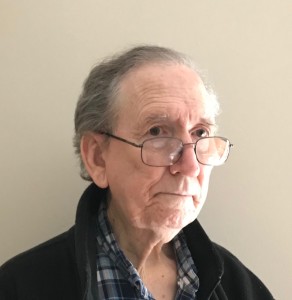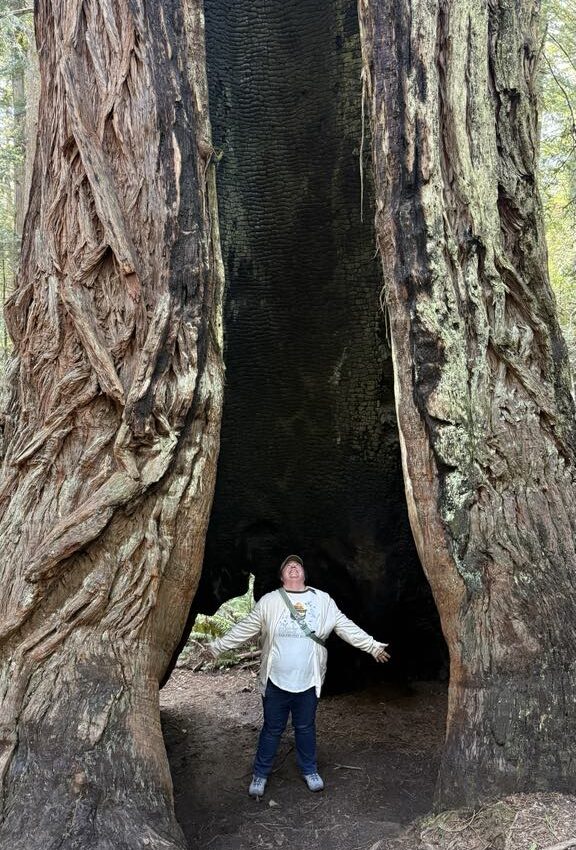I am an autodidact, which means I probably know next to nothing about my chosen craft. I do, however, have a few things to share. I came late to an earnest reckoning with the art of fiction but have made some progress in the last two years. In 2017 I had two short stories published, the first in the Spring issue of Adelaide Magazine, the second in an anthology titled After Effects: A Zimbell House Anthology. Another thing I have to share is that early in my learning my fiction was shaped largely by the art of Henry James, whose work I love; but that more recently I have found that I can learn from any good writer, from Hemingway to Oates, from Welty to Tartt. So, I read, read, read.
But I also listen. I have found that fiction takes the sensibilities of a poet, particularly as relates to the sounds of sentences. This perhaps should be obvious, but too many aspiring writers neglect this aspect of their craft. I am only just beginning to give it sufficient attention. I listen to my subconscious mind for unusual turns of phrase, as in the sentence: In old whispers and new rumors it came down to him, the story of John Big Train Wallers’ betrayal by Nellie Bledsoe. But you do not have to pay any mind to my weak drivel when you only have to turn to the fiction of Poe, Kafka, Conrad, Camus, and Nabokov to recognize the primacy of sound in prose narrative.
The sensibilities of a poet apply to the images and dialogue of fiction as well. For the truth of this only look at the work of Capote, Welty, and Gudenkauf, or Woolf, Chekhov, and Dineson. All of their work (except, perhaps, Capote’s In Cold Blood) is strung with pearls and diamonds.
So, three things: never stop reading, never stop listening for the cadences of words, and never stop looking at the wonder of the natural world. Staying alive to all of these opportunities will go a long way toward shaping a gripping literary style.
 David Massey has a Master’s Degree in English Literature After 1660 from the University of South Carolina and, while there, took creative writing classes under George Garrett and James Dickey. He turned rather belatedly to an earnest engagement with the craft of fiction but has made progress of late. In 2017 he had two short stories published. He is married, with five children and seven grandchildren.
David Massey has a Master’s Degree in English Literature After 1660 from the University of South Carolina and, while there, took creative writing classes under George Garrett and James Dickey. He turned rather belatedly to an earnest engagement with the craft of fiction but has made progress of late. In 2017 he had two short stories published. He is married, with five children and seven grandchildren.



Never stop reading, never stop listening, and never stop looking at the wonder of the natural world: This is great advice for all of us, writers or not.
Yah very good…. Paula M
Absolutely amazing writer. Eloquently stated.
Beautiful article, and as a writer, I’ve taken that advice to heart.
I thank all those who have made comments. I was pleased that a fellow writer found my article useful. — David Massey